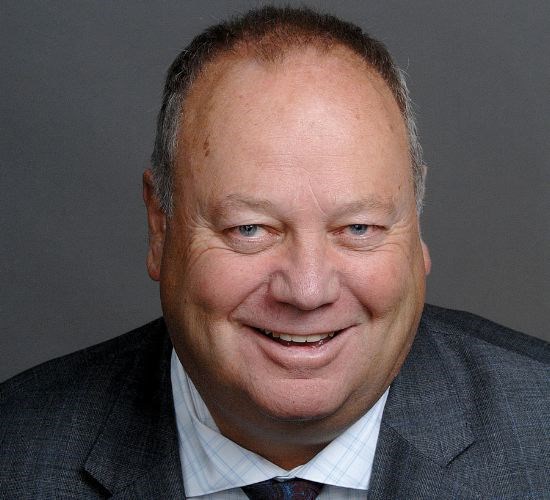After turning down the proposal three years ago, municipal politicians approved a resolution Thursday to have their terms in office extended to four years from the current three.
The resolution drew more than 60 per cent support during a vote at the Union of British Columbia Municipalities convention in Vancouver, with a recommendation that it be implemented by 2014.
The provincial government gets the last say on the matter, but given that Victoria raised the idea the last time it was taken to the UBCM, "the likelihood of it being implemented in 2014 is pretty good," said Prince George Coun. Dave Wilbur.
In 2010, delegates rejected the idea, proposed by the provincial government following a review of the municipal electoral system and a promise the changes could be in place for 2011 elections.
In 2007, delegates voted in favour but the provincial government said no, saying a broad public consultation was needed first.
Arguments in favour included reduced costs as a result of fewer elections and four-year terms being the norm in most of the rest of Canada while those against included increasing the time between opportunities for voters to cast ballots in local elections.
Wilbur said a four-year commitment could be a barrier to some thinking about running for election, particularly older people, but "from a core review and cost perspective, I have to say four years makes sense."
Just 29 per cent of eligible Prince George voters turned out for the 2011 municipal election - about the average for the province as a whole. Three-year terms were first introduced for the 1990 election, a one-year increase.
It wasn't all good news as far as Prince George council members were concerned.
Coun. Brian Skakun expressed disappointment at the provincial government's refusal to deny local government candidates access to donations from unions and corporations until at least 2017.
Eliminating the big donations would level the playing field and give first-time candidates and those without labour backing or business backing a better chance, Skakun said. It would also lessen the perception that candidates are being bought, he said.



